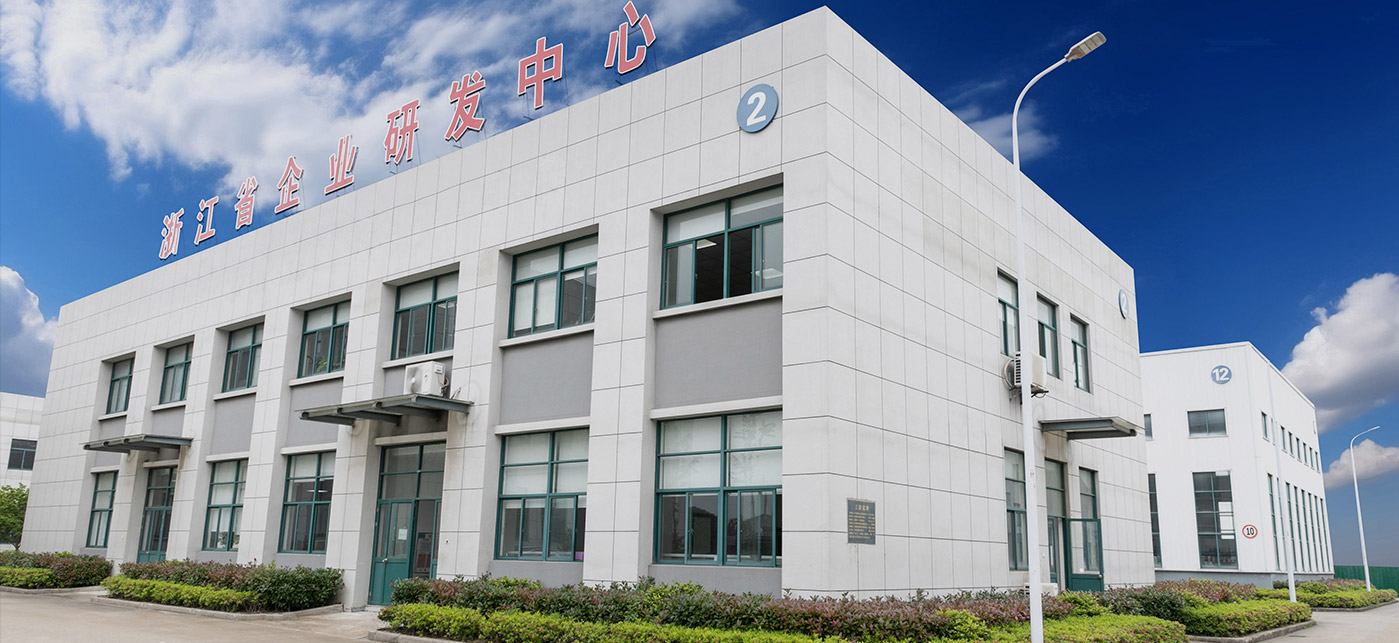1. Basic concepts and manufacturing processes of steel castings
The manufacturing process of steel castings involves multiple precise and unique steps, starting with pattern making. At this stage, the quality of the model's production is critical to the accuracy and appearance of the final product. Various model making technologies, including three-dimensional printing, CNC machine tools, etc., have played a key role in improving model accuracy and production efficiency. In the process of melting molten steel, in addition to controlling the furnace temperature and alloy composition, it also involves gas emission control during the melting process to ensure the environmental protection of the product.
The casting stage requires a high degree of craftsmanship to ensure that the molten steel fills the mold fully and evenly, and to avoid the formation of cracks and pores during the cooling and solidification process. Post-processing processes such as deburring include mechanical treatment, grinding, sandblasting and other steps to finely adjust the surface quality and shape of steel castings.
2. Main materials and alloy composition of steel castings
The material selection and alloy composition design of
steel castings are directly related to the performance of the product. The addition of alloying elements beyond the basic iron and carbon is a highly customized process. For example, in the aerospace sector, requirements for strength and lightweight may lead to the use of high-strength nickel-based alloys. In marine engineering, the need to combat corrosion may lead to the addition of more chromium and zinc. Therefore, precise alloy design has become a critical link in steel casting manufacturing to meet the diverse needs of different industries and applications.
3. Application fields and market demand of steel castings
Steel castings are used in a wide range of applications, from traditional machinery manufacturing to emerging technology industries, and they play an indispensable role. In the field of automobile manufacturing, with the rise of electric vehicles, the demand for high-performance, lightweight cast steel parts has further increased. In the aerospace field, steel castings are widely used to manufacture engine parts and aircraft structures, which put forward more stringent requirements for high strength and high temperature performance. In the construction field, large infrastructure and bridges often need to bear huge loads, which requires steel castings to have excellent strength and durability. These changes in market demand not only promote innovation in steel casting manufacturing technology, but also provide enterprises with broader market prospects.












